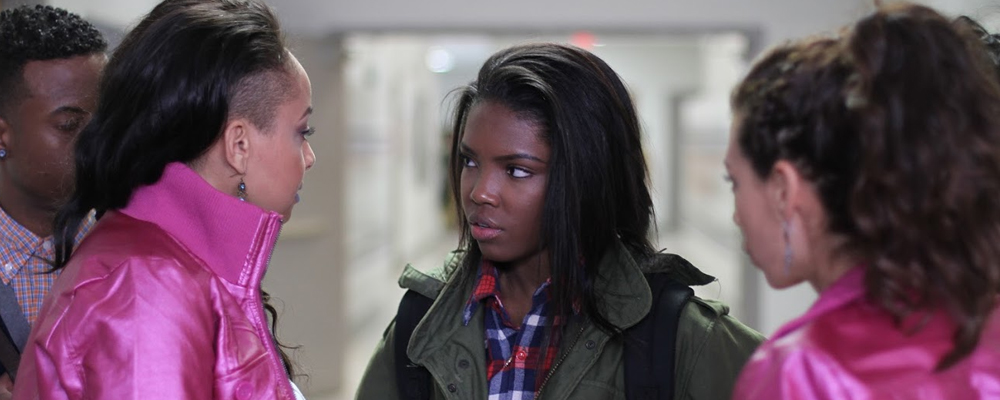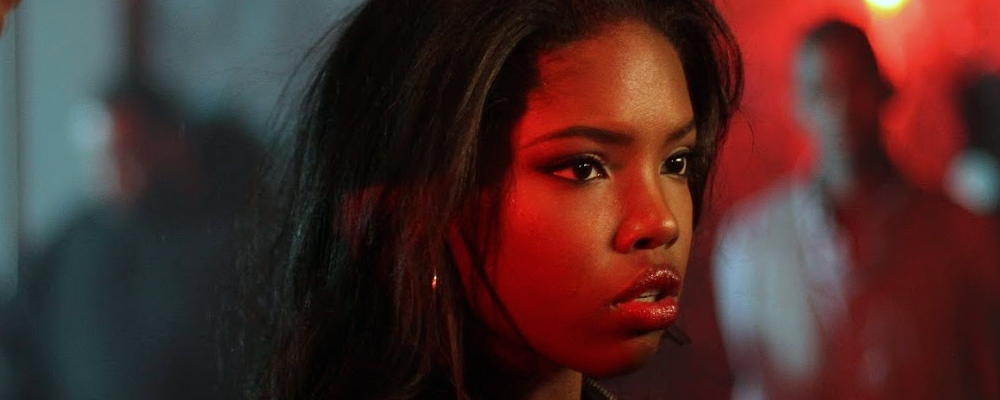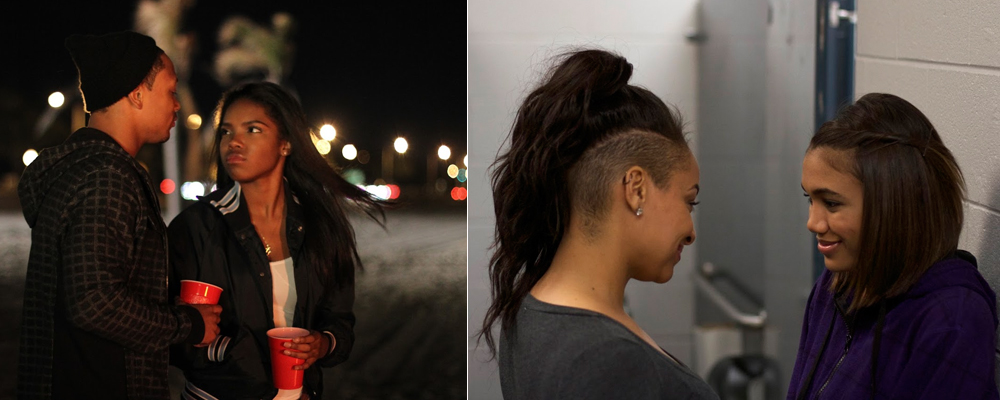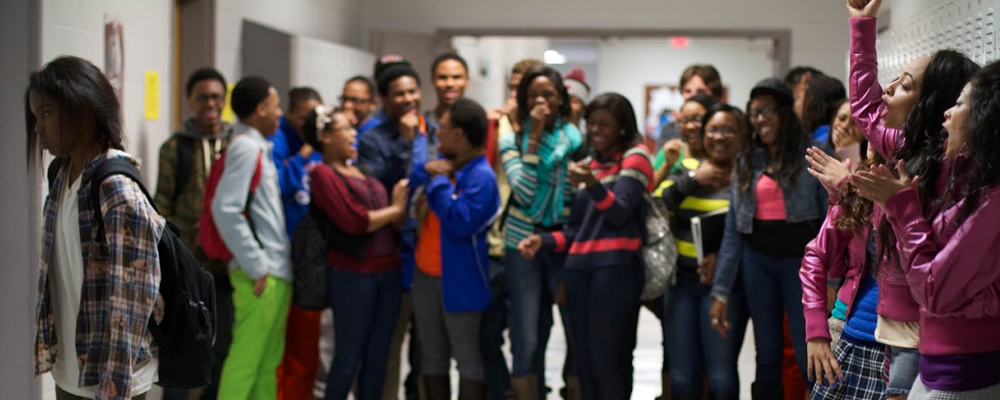‘A Girl Like Grace’ Stands on the Shoulders of Rising Star Ryan Destiny
Allyson Gronowitz
“A Girl Like Grace” preaches about internal and external beauty while delivering a snapshot of the dark and gritty journey of a semi-closeted teenage girl named Grace (Ryan Destiny). Grace is a girl of few words, and it’s not too difficult to imagine what has propelled her sullen reticence. Growing up, she was caught between her parents’ vicious and violent fights, until her father is finally driven out.
Grace’s mother Lisa (played by Garcelle Beauvais) is capricious, irresponsible; everything young Grace is not. She’s studious, and her teachers notice her intelligence. But Grace confesses to her kindly English teacher that she doesn’t plan on applying to college. She doesn’t verbalize a reason, but glimpses of her memories reveal just what’s holding her back.
“A Girl Like Grace” unfolds in a nonlinear fashion. This storytelling method layers Grace’s narrative with gravity and poignancy by exploring the unending effects of trauma – in “A Girl Like Grace,” the defining trauma (as viewers will quickly piece together) is the death of Grace’s girlfriend and best friend, Andrea (Paige Hurd), a tragedy that could have been avoided. As Grace walks silently through the school hallway on the first day of her senior year, a faceless administrator makes an unconvincing announcement over the loudspeaker to condemn bullying. Of course, the bullying continues unabated.
Despite it all, we begin to think that Grace is going to be OK – perhaps she’ll push forward in her life fueled by sheer disgust for her mother. It is then that Share (Meagan Good), Andrea’s older sister, saunters into Grace’s life and forcibly takes her under her wing. Share seems sweet enough, but an exchange with Grace’s mom when Share picks up Grace for an evening is enough to boil the blood: “You ain’t no lesbian, are you?” Lisa drawls, and Share responds fervently in the negative. “Good,” Lisa says. “Because Grace here needs to meet some boys and have some fun!”
The film gets very uncomfortable after that, with Share dragging Grace along to drink, do drugs and apply for a job at a porn shop. Knowing Grace’s personal history, it’s disconcerting to see Grace go along without much complaint.
The film was directed by Ty Hodges (“Material Girls,” “Charlie, Trevor and a Girl for Savannah”), who also co-stars, and co-written by Hodges and Jacquin DeLeon. It’s odd that “A Girl Like Grace,” which deals with the varying experiences of women and their sexuality, was written and directed by two men, which is perhaps why some of the other women in the film feel like caricatures: Lisa is a selfish gold-digger, Share is a heartless party girl, and the bizarrely cast Raven-Symoné and her crew of hair-flipping, pink-clad cheerleaders are the one-dimensional bullies. Plus, Hodges himself gets to play the one shining knight: Grace’s chivalrous friend Matt.
Fortunately and fittingly, first-time feature film actress Ryan Destiny is the film’s saving presence. Destiny imbues Grace with a stoic vulnerability that complements her quiet demeanor, and her performance is heartbreakingly relatable. “A Girl Like Grace” shines thanks to this bright young star.
“A Girl Like Grace” is in limited release on Dec. 2.





